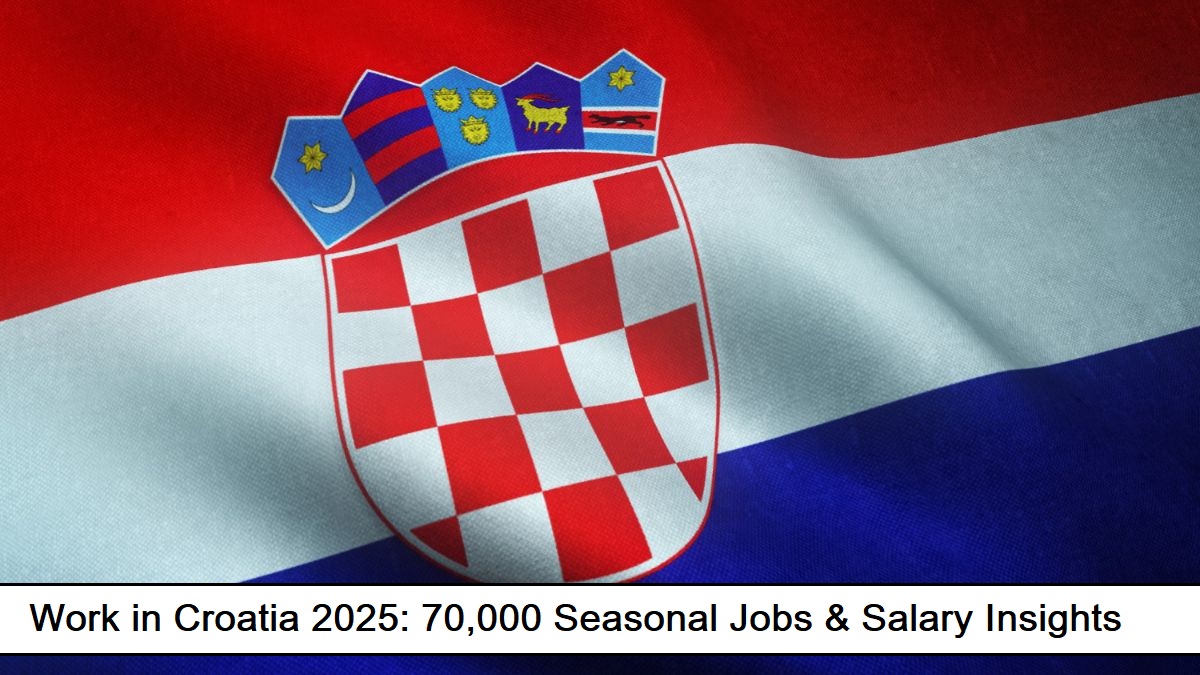Changing your name on official documents after marriage can feel like a daunting task—especially when it comes to your passport. But here’s some good news! With the new Indian Passport Rules rolled out in 2025, the process of updating your name post-marriage has become much easier, faster, and more convenient. Read More












